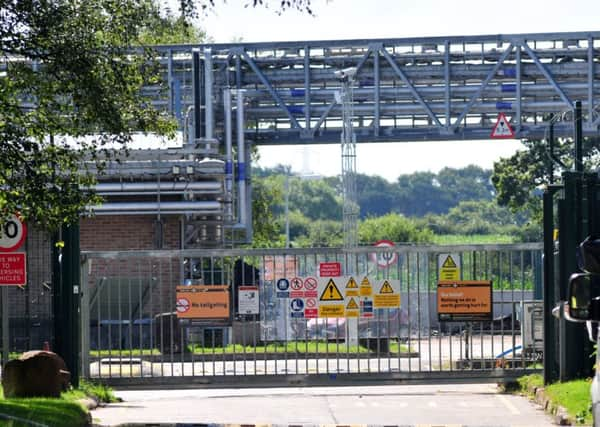Water alert could be lifted area by area


United Utilities is considering a phased return to normal service as work goes on to clear the remaining traces of the parasite from key troublespots around the network.
Gary Dixon, the company’s customer services director, has revealed an all-clear could be declared in some parts of the affected area, while the boil water advice remains in force in others.
Advertisement
Hide AdAdvertisement
Hide AdBut, as the scare entered its 17th day today, there was still no news on exactly when the first neighbourhoods would be back to normal, or which parts of the county they will be in.
“We will be looking at whether we are able to lift the advice in specific areas,” said Mr Dixon. “That would mean we don’t have to wait for one big lift at the end.”
The news comes after the first three ultra-violet rigs were installed at Warbreck near Blackpool yesterday to eliminate lingering bugs in the supply network.
Five more will go into service early next week at Weeton, Westby, Haighton, Hoghton and White Bull service reservoirs, all vast storage chambers which hold the water before it is piped to local homes.
Advertisement
Hide AdAdvertisement
Hide AdUltra-violet rays are effective in killing off the crypto bug and the eight rigs, brought in from other parts of the UK and on the Continent, are being deployed at strategic points where the parasite is proving hard to wipe out.
United Utilities has come under fire for the length of time it is taking to clean out the water supply to Preston, South Ribble, Chorley and the Fylde Coast.
But the company says the UV rig installation was “one of our biggest engineering projects, with teams expected to complete the work in days, something which would typically take months.”
Gary Dixon added: “The use of these UV rigs will help us speed up the process of destroying the last traces of cryptosporidium in the water.
Advertisement
Hide AdAdvertisement
Hide Ad“We’ve been using specialist analysis called network modelling to identify how the bug has been moving through the system, allowing us to set up these rigs in targeted locations.”
For all our previous coverage on the water contamination situation in Lancashire visit the links below: